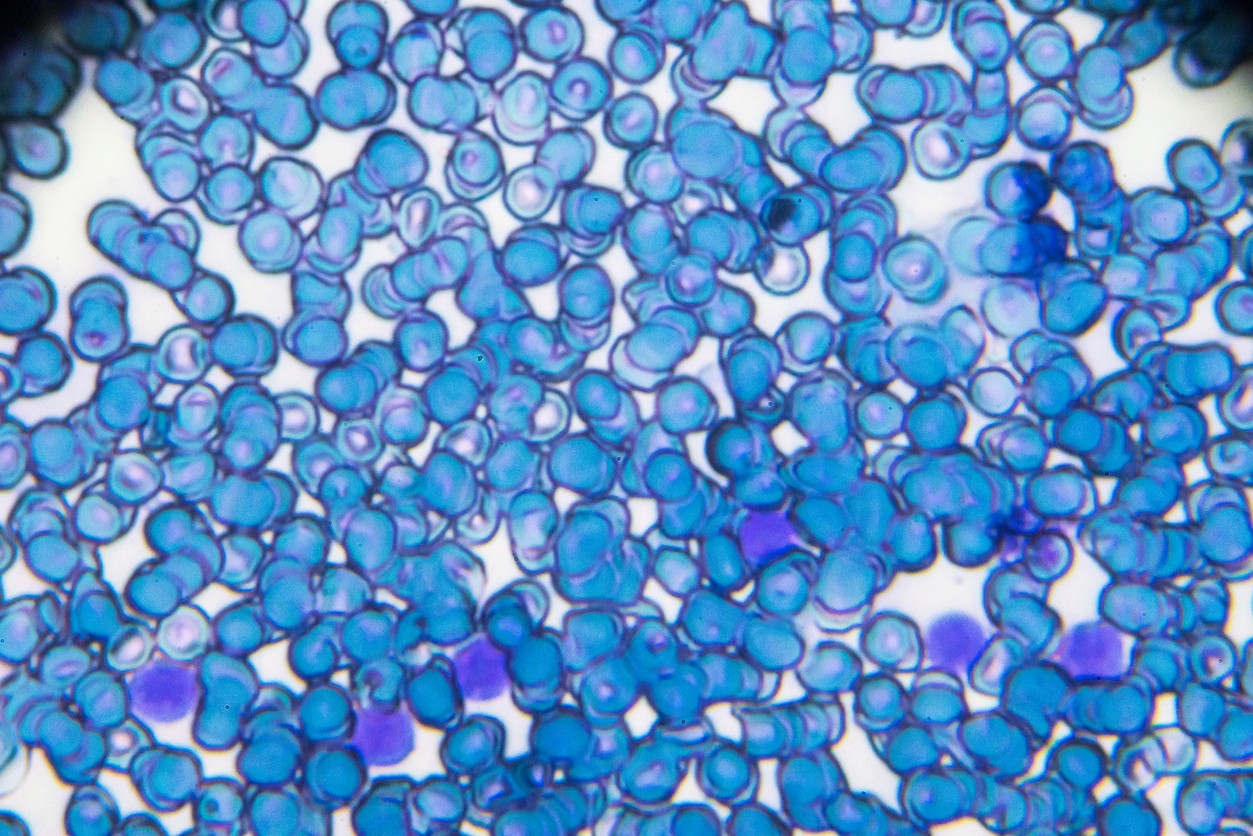
Healio: CAR-T reinfusion lacks durability for younger patients with leukemia
A second round of T-cell therapy for children and young adults with relapsed or refractory B-cell acute lymphoblastic leukemia (ALL) led to a small percentage of clinically meaningful responses, according to data presented by the University of Cincinnati and Cincinnati Children's Hospital Medical Center's Christa Krupski, DO.
Krupski presented data from a retrospective study at the Tandem Meetings | Transplantation & Cellular Therapy Meetings of ASTCT and CIBMTR.
The study focused on a drug called Tisagenlecleucel, also known as tisa-cel, that has historically been effective in approximately 80% of younger patients with B-cell ALL, Krupski said. After the first infusion of tisa-cel, there are few treatment options.
Krupski reported a second round of tisa-cel infusion has limited effectiveness and should be given as a bridge toward another treatment.
“We have shown that reinfusion with [tisagenlecleucel] is not a definitive therapy,” said Krupski, professor in the department of pediatrics at UC and pediatric bone marrow transplant physician at Cincinnati Children's Hospital Medical Center. “The remissions it produces are unlikely to be long lasting, so physicians who treat these patients will need to have something else in mind before moving forward.
“It needs to be a bridge to something, and that something, in my opinion, is a transplant for definitive therapy," Krupski continued.
Featured photo of acute lymphoblastic leukemia cells courtesy of iStock.
Related Stories
Love it or raze it?
February 20, 2026
An architectural magazine covered the demolition of UC's Crosley Tower.
Social media linked to student loneliness
February 20, 2026
Inside Higher Education highlighted a new study by the University of Cincinnati that found that college students across the country who spent more time on social media reported feeling more loneliness.
Before the medals: The science behind training for freezing mountain air
February 19, 2026
From freezing temperatures to thin mountain air, University of Cincinnati exercise physiologist Christopher Kotarsky, PhD, explained how cold and altitude impact Olympic performance in a recent WLWT-TV/Ch. 5 news report.
